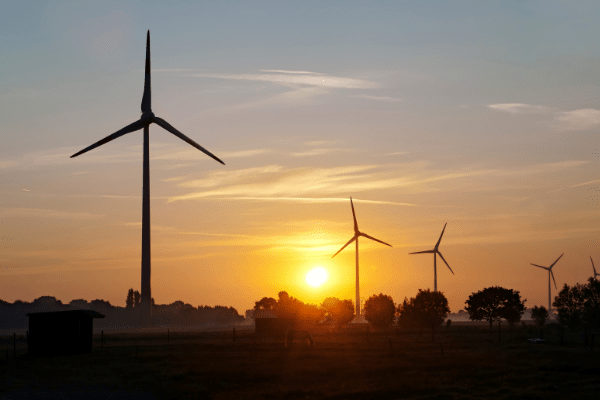On Friday, the Federal Government approved a strategy to turn Belgium into a hub for the import and transit of renewable hydrogen, making the country a pioneer in this technology.
The plans aim to lower the environmental impact of heavy industries, such as the production and processing of primary materials. These industries currently account for 30% of Belgium's CO2 emissions. Energy Minister Tinne Van der Straeten believes that hydrogen will be key to decarbonising the sector, Belga News Agency reports.
"In order for renewable hydrogen to be a credible part of the energy mix by 2030 we must start today," she affirmed.
Often praised as being a "clean" energy since its combustion creates only water, in fact, hydrogen production is very energy-intensive. In order to lower the environmental impact of the production process, renewable energy sources must be used to power this.
Belgium's strategy relies on solar and wind energy and it is hoped that it will lead to the creation of 10,000 jobs. However, although Belgium is expanding its wind and solar capacity, notably with offshore wind and solar farms, the plans are for the country to continue importing energy. However, this will now be "liquid sun and wind" in the form of liquid hydrogen.
Aside for the ecological benefits to this alternative energy source, this measure would allow Belgium to become more independent from a geopolitical perspective as it would no longer rely on the fossil fuel deposits of exporting nations such as Russia or the Gulf States.
Related News
- Belgium a climate slowcoach as EU reveals emissions progress
- Belgian wind farm closed down to save migrants floating in sea
- Energy prices: EU’s demand and supply dilemma in importing natural gas
As opposed to fossil fuels that are becoming ever more scarce, driving demand and competition that can lead to political fall-out, renewable technology is expanding and often depends on atmospheric conditions. In short, the supply of renewable energy is growing which will abet prices and make it a more attractive energy source.
By 2030, imports of renewables are forecast to account for between 3 and 6 TWh – the equivalent output of one nuclear power station. By 2050, the date currently set to achieve carbon neutrality, renewable imports could amount to between 100 and 165 TWh.
The Federal Government will draw on funds set aside for Belgium's green energy transition and the national plan to finance the strategy, that would see Belgium become a world leader in the technology and research and innovation sectors. The strategy also identifies development as being central to supplying renewable hydrogen by linking industrial hubs.
In the long term, the plans could also see Belgium supplying hydrogen to other countries in Europe – both for heavy industries and more general energy use. The first phase of the project will be to lay 100-160 km of pipes for transporting liquid hydrogen by 2026.

